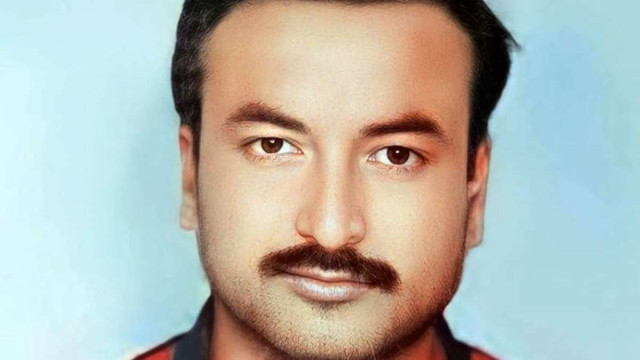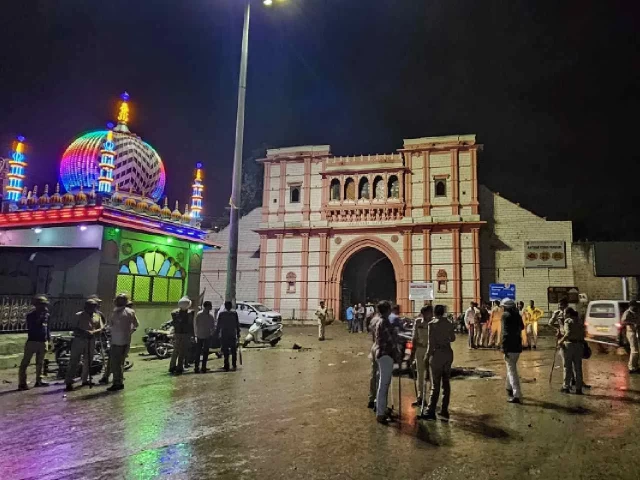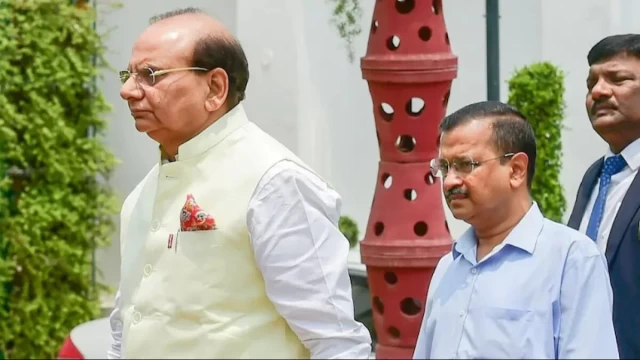The Hubballi Court grants bail to Srikanth Pujari in the 1992 violence case in Karnataka
- Posted on January 5, 2024
- Legal
- By Arijit Dutta
- 434 Views
The Hubballi High Court grants bail to Srikanth Pujari, a figure involved in the 1992 post-Babri Masjid riots. The decision sparks political turmoil, with the BJP alleging the Congress's 'anti-Hindu' stance. Accusations fly, intensifying ideological tensions in Karnataka's political landscape.
 Image Source -www.indiatvnews.com
Image Source -www.indiatvnews.com
In
a significant development within Karnataka's legal sphere, Srikanth
Pujari, a key figure linked to the tumultuous events following the Babri
Masjid demolition in 1992, has been granted bail by the Hubballi Court. This
decision, arriving amidst a charged political atmosphere, has triggered
considerable reaction across the state.
Pujari,
a right-wing activist entangled in the aftermath of the Babri Masjid
demolition, faced accusations related to the riots during that period. The
Hubballi High Court's decision to grant him bail has sparked both controversy
and fervent responses from political entities, notably the Bhartiya Janta Party
(BJP) and the ruling Congress.
The
BJP swiftly responded to Pujari's bail announcement by declaring a statewide
protest. Their protest revolves around allegations that the Congress-led
government demonstrates a perceived bias against the Hindu community. This
political outcry, propelled by Pujari's case, has added yet another layer of tension
to the already complex and heated political landscape in Karnataka.
Amidst these developments, Pujari's legal representative, Sanjeev Badasaka, expressed optimism regarding the impending release. The court's decision-making process and subsequent posting for bail orders have been closely followed, with expectations that Pujari might be released by the following evening, pending a favorable court order.
The
unfolding situation has also invited commentary from prominent political
figures. R Ashok, the Leader of the Opposition in Karnataka, insinuated a
direct link between Pujari's arrest and the scheduled grand consecration of the
Ram Mandir on January 22. Ashok alleged that the Congress orchestrated Pujari's
arrest as a strategy to instill fear and draw parallels to past communal
incidents, intensifying the political discourse.
Additionally,
the Karnataka BJP president, BY Vijayendra, heightened the rhetoric, accusing
the Congress-led state government of holding an "anti-Hindu" stance.
These accusatory remarks have further fueled the political friction, deepening
the ideological chasm evident in Karnataka's political landscape.
The
arrest, subsequent bail, and the ensuing political uproar have significantly
amplified tensions within Karnataka's political spectrum, emblematic of the
underlying ideological clash between major political factions.
This
development doesn't just represent a legal milestone but serves as a catalyst
for the intensified ideological battles shaping the state's political
narrative.




